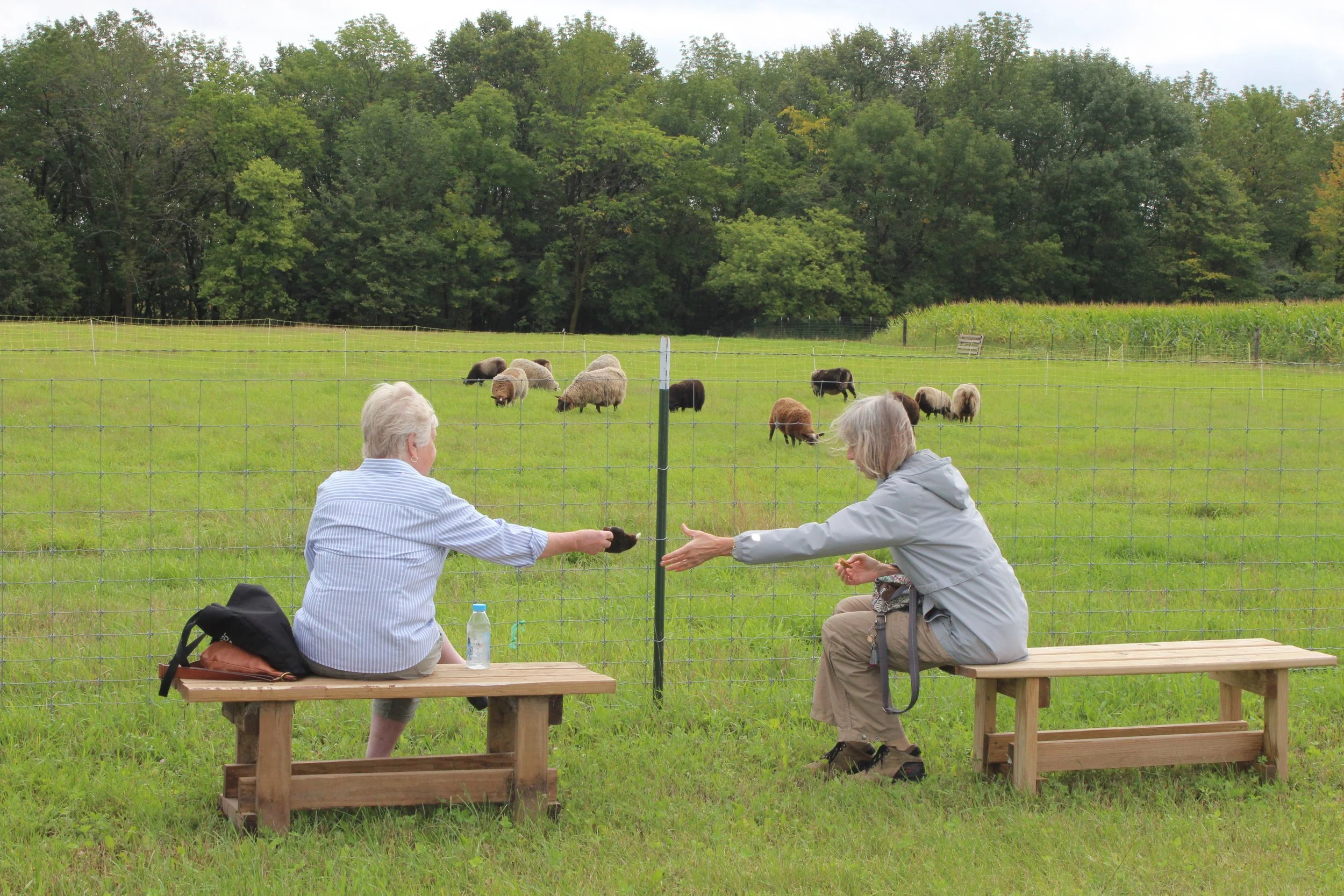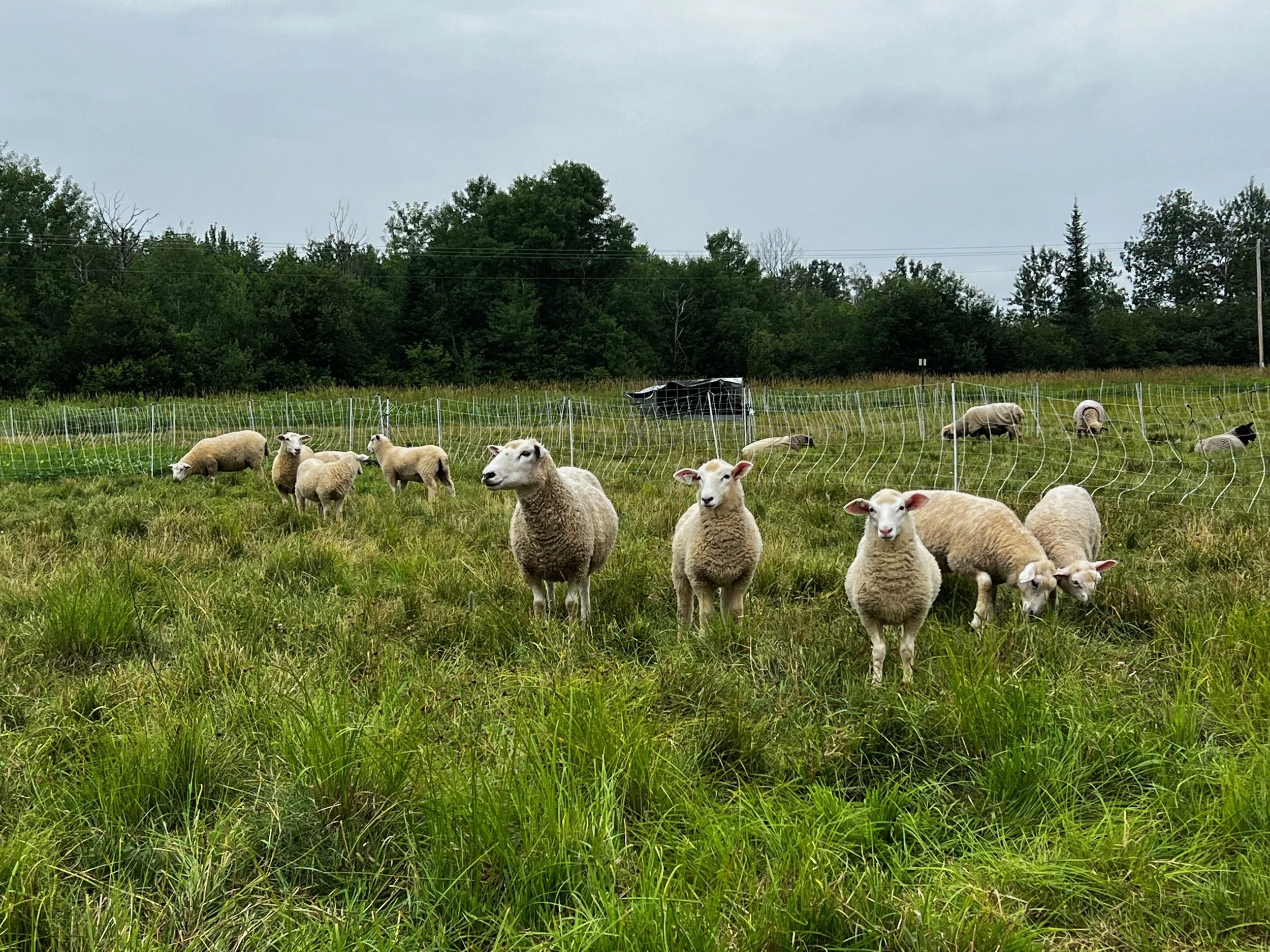Give to the Max Day
November 16th!
2022 Farm & Fiber Tour @ Curlee Acres
photo by Connor Nelson
Your support this Give to the Max Day will help us continue to build
an inclusive soil-to-soil textile community!
Three Rivers Fibershed relies on our small but mighty board of directors and an expanding network of volunteers and contractors. We are investing in communications and social media to raise awareness of the talented people who create local fiber and textiles and to welcome new community members. We are also exploring a fiber assistance program for individuals to purchase quality yarns, natural dyestuffs, and spinning fibers from our agricultural stewards and tools, such as spindles for spinning yarn and knitting needles. Please join us!
We are excited to be on this journey to sustainable fiber systems with you! If you have any questions, feel free to email us at hello@threeriversfibershed.org























